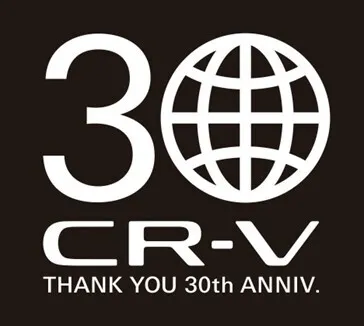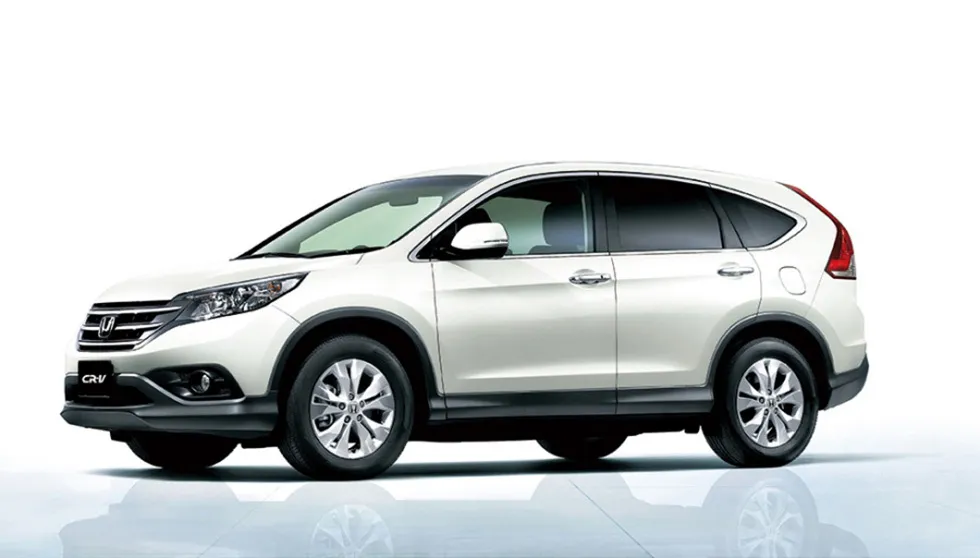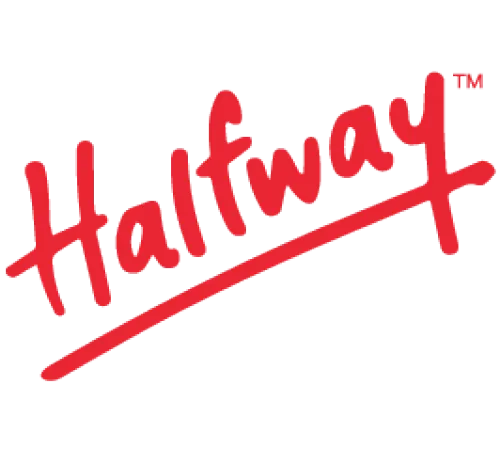Compact excellence earns national recognition in milestone COTY year
JOHANNESBURG, South Africa – 6 December 2025
Honda Motor Southern Africa is proud to announce that the Honda Amaze has been selected as a semi-finalist in the prestigious 2026 South African Car of the Year (COTY) competition, hosted by the South African Guild of Mobility Journalists (SAGMJ)
Now in its 40th year, the COTY competition remains one of the most respected benchmarks of automotive excellence in the country. The 2026 edition recognises 30 outstanding vehicles selected from 55 new models launched in 2025, spanning 22 automotive brands and multiple vehicle segments
The Honda Amaze’s inclusion among this highly competitive field underscores Honda’s continued commitment to innovation, safety, quality engineering and everyday practicality, particularly within the compact passenger vehicle segment
Recognition from South Africa’s leading motoring experts
The COTY competition is adjudicated by a 25-member jury representing South Africa’s most influential motoring media titles, ensuring a rigorous, independent and credible evaluation process. Vehicles are assessed across key criteria including design, performance, safety, innovation, value and overall ownership appeal.
“This recognition is particularly meaningful as it comes during the 40th anniversary of the Car of the Year competition,” says Thami Masemola, Chairman of the COTY competition. “The semi-finalists represent the very best of innovation, engineering and safety in the South African automotive landscape.”
The 2026 competition also reflects the evolving local market, with a diverse mix of traditional and emerging brands, as well as a growing presence of new-energy vehicles. Against this backdrop, securing a semi-finalist position is a notable achievement.
Honda Amaze: Designed for modern South African motorists
The Honda Amaze continues to resonate with South African drivers thanks to its thoughtful design, efficient performance and trusted Honda reliability. As a compact sedan, it offers an ideal balance of comfort, space, safety and affordability, making it well-suited to urban commuting and everyday family use.
Its recognition as a COTY semi-finalist highlights Honda’s ability to deliver vehicles that meet real-world needs while maintaining the brand’s globally respected engineering standards.
What’s next in the 2026 COTY journey
In January 2026, the SAGMJ jury will select finalists from the semi-finalist list, followed by an intensive two-day vehicle testing programme in March 2026. Category winners and the overall 2026 South African Car of the Year will be announced in May 2026.
Honda Motor Southern Africa congratulates all semi-finalists and looks forward to the next stage of the competition.
Discover the Honda Amaze
Experience the compact sedan that’s earned national recognition.
Explore the Honda Amaze: https://www.honda.co.za/cars/amaze



















